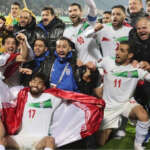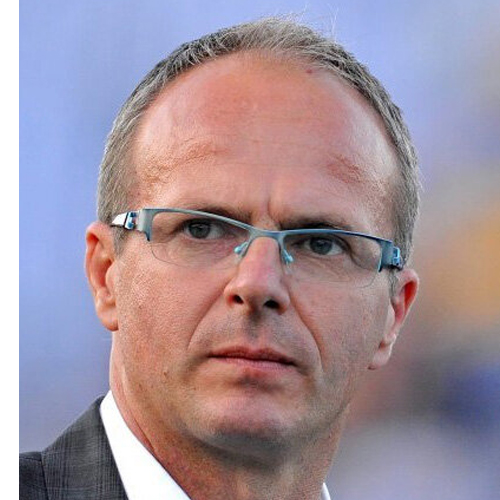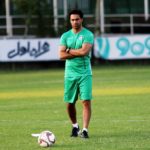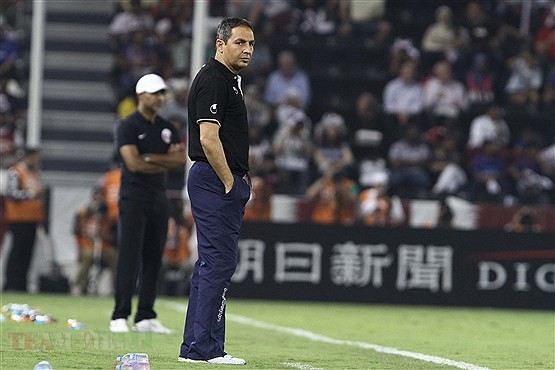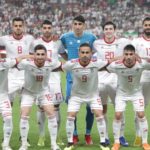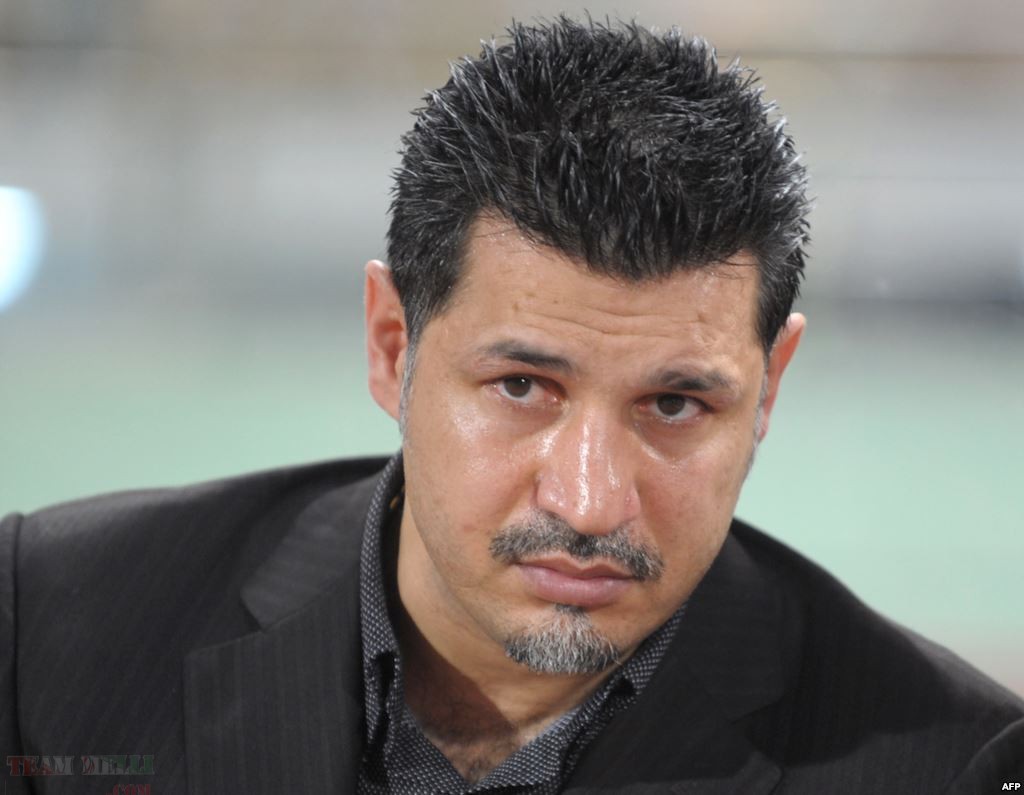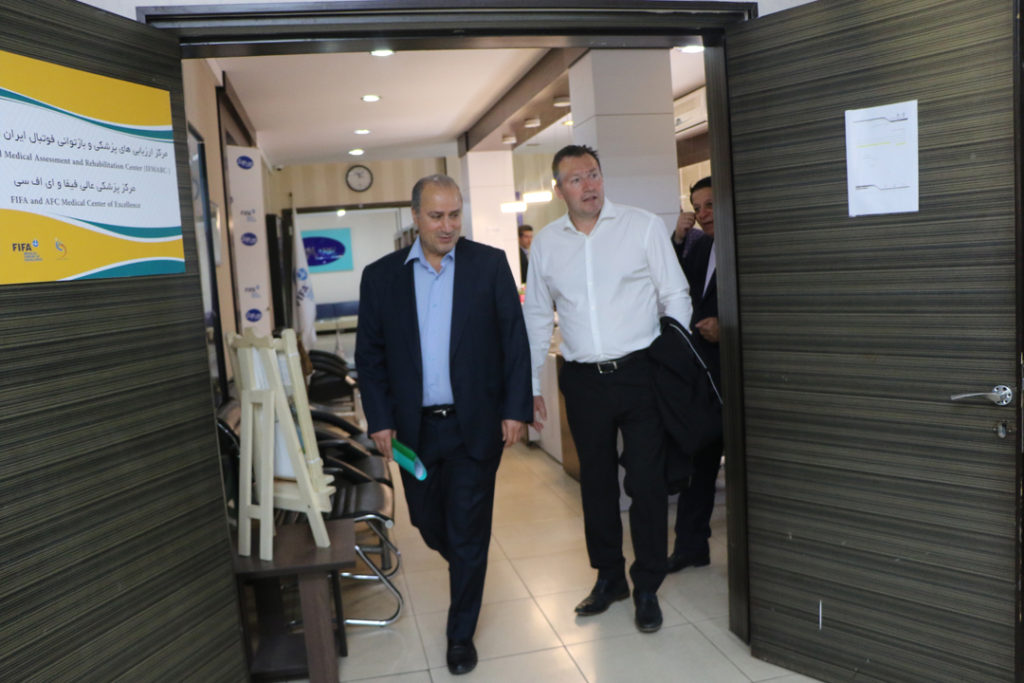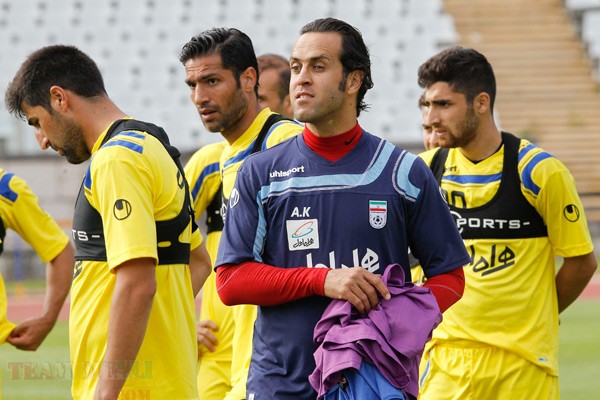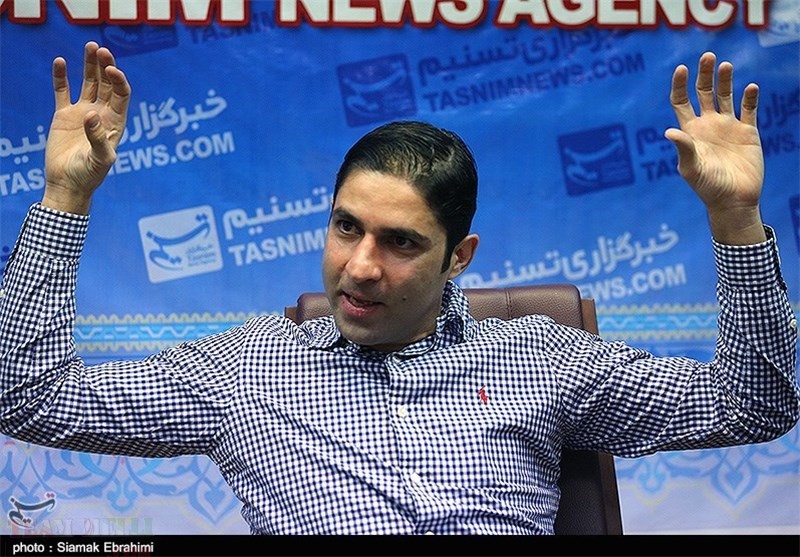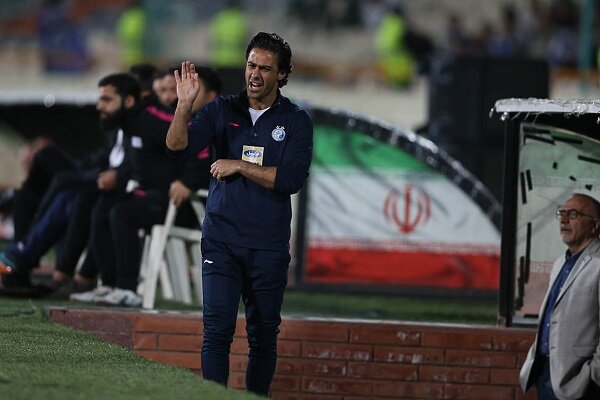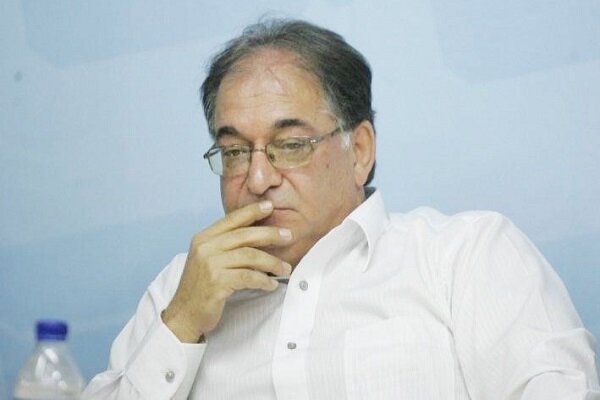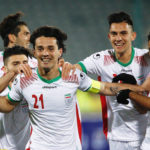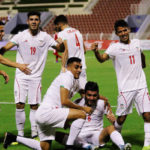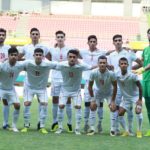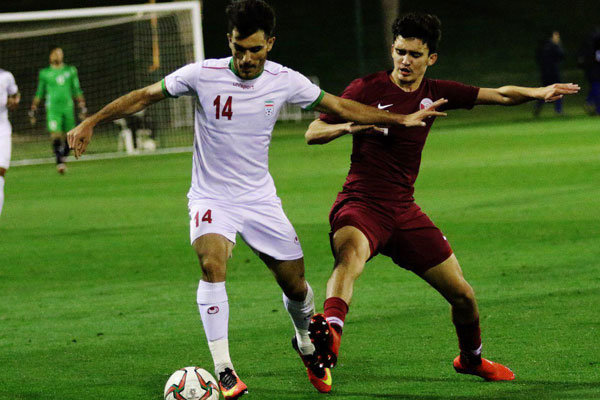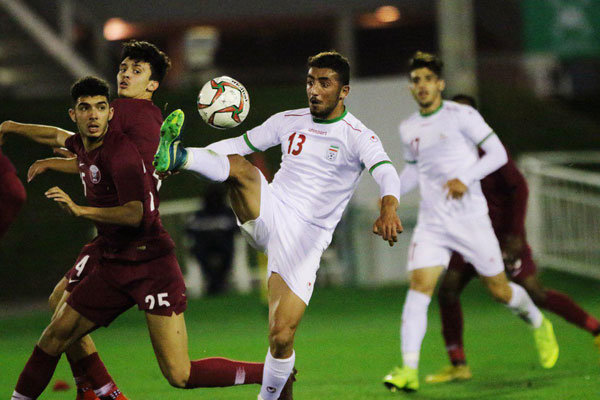The assistant coach of the Iranian national football team expressed hope that Team Melli would advance to the second round of the FIFA World Cup 2022 for the first time in its history.
In an interview with tportal site, Tot mentioned that this is a historic occasion for Croat coaches. For the second time in history, two Croatian coaches will be leading two different teams in the World Cup. This happened first at the 2006 World Cup in Germany, where Zlatko Kranjcar and Branko Ivankovic, were in charge of Croatian and Iran respectively. Zlatko Dalic has now managed to clinch qualification to the World Cup with Croatia, while another Croat Dragan Skocic achieved similar success with Iran.
“We are very happy with this group, it is clear that you can not have an easy opponent in the World Cup,” said Marijo Tot, about Iran’s draw in the 2022 World Cup. England is both on paper and in reality the first chance to win the group title. The other three teams can compete equally for second place. I honestly think we have a very good chance of making it to the second round. There is a major rivalry with the United States because Iran played the United States in the 1998 World Cup and Iran won 2-1. The players who scored in that game have a special place in the country. It will be a special game now that we all know for what special reasons and our players will go to the World Cup with great motivation.”
“In the case of the third competitor, I would prefer Ukraine.” The assistant coach continued: “There is still a long way to go before the tournament starts and anything can happen. But many fans in Iran have the chance to be present for Team Melli in the World Cup. I believe that this time we can take that historic step forward and cross the group for the first time. Alireza Jahanbakhsh from Feyenoord, Mehdi Taremi from Porto and Sardar Azmoun from Bayer Leverkusen are Iran’s first hopes in this cup. We also have players who play in Greece and Turkey. We also have Sadegh Moharremi from Dynamo Zagreb, who plays very well here in Team Melli and was the best player on the field in the last game against Lebanon. I do not want to get into Dynamo’s problems, but given how good Muharrami is, I wonder why he does not get more minutes of play with his club in Croatia.”
About the defeat of Iran against South Korea, he said: “Despite the fact that we went to Seoul with an incomplete team, that is, without 6 or 7 players from the main team, we were quite strong in that game as well. But regardless of everything, we were ended up first in the group. We are the best team in Asia. We travel to this championship with the extraordinary support of the fans who will surely be with us in Qatar.”

